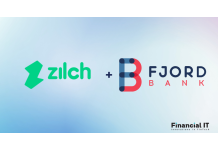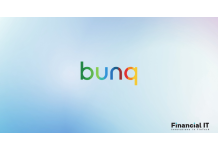Nubank Customers Saved $29 Million in One Year via...
- 14.01.2026 11:25 am
Epirus Bank Selects NCR Atleos To Modernize And Expand...
- 14.01.2026 09:05 am
Banking Circle Opens New Branch in Czech Republic...
- 13.01.2026 09:25 am
Checkout.com Secures Approval for Georgia Bank Charter...
- 12.01.2026 02:15 pm
UK Credit Union Announces New, World-Class Member...
- 08.01.2026 08:55 am
Zilch to Acquire Fjord Bank to Kickstart European...
- 08.01.2026 07:35 am
Saxo Reaches Key Milestone with DKK 1 Trillion in...
- 07.01.2026 09:25 am
bunq Files for US Banking License
- 07.01.2026 08:10 am
Yuze Partners with Zand To Empower SMEs in UAE
- 06.01.2026 10:55 am
Iute Wins State Tender in Ukraine To Build a Digital...
- 06.01.2026 08:35 am
Flutterwave Expands Payments Infrastructure with...
- 05.01.2026 01:45 pm
Telcoin Begins Digital Asset Banking Operations with...
- 05.01.2026 06:35 am






















